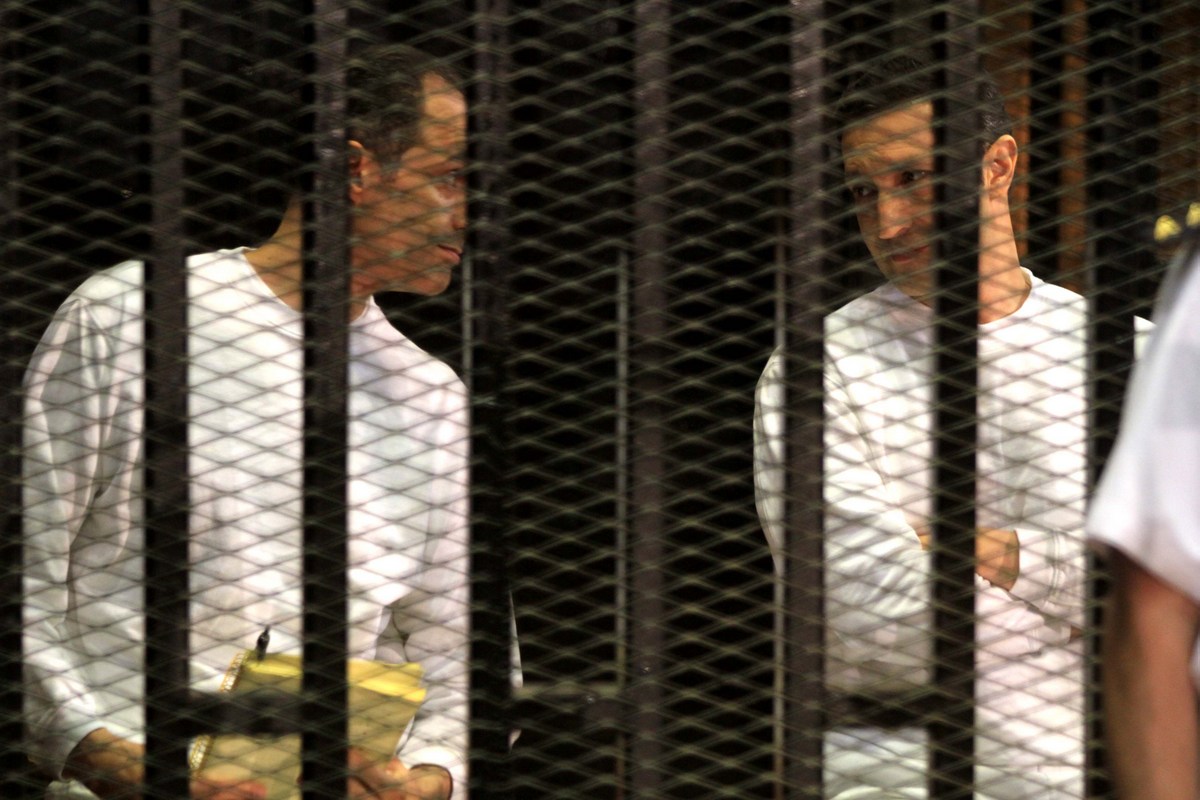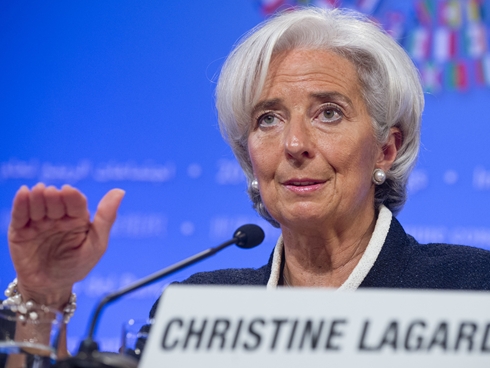World Bank Group Senior Vice President for the 2030 Development Agenda, UN Relations, and Partnerships Mahmoud Mohieldin said that the economy around the world has yet to recoved from the fall it suffered in 2008 during the world economic crisis. He noted that no country in the world has managed to reach the growth rates of the period prior to 2008, adding that the situation is unlikely to change in 2018, despite expected growth.
Despite increasing economic growth, Mohieldin said that income levels fell significantly in the past period, leading to an unfair distribution of growth, posing a threat to economic revival around the world.
In a seminar hosted on Sunday by the American Chamber of Commerce in Cairo (AmCham) and the Egyptian Centre For Economic Studies (ECES), Mohieldin described debt to GDP ratio around the world as one of the major challenges facing the global economy, saying that foreign investment is more important than foreign debt.
He also talked about the Egyptian situation, pointing to the need to choose one of three paths presented by the World Bank, the United Nations, and the Organisation for Economic Cooperation and Development (OECD).
He highlighted some problems in Egypt, such as inflation and price hikes, adding that the best solution for these problems is not imposing guiding prices. “We tried this before and failed,” he explained. “The appropriate fiscal policy to solve this crisis must be found, using interest rate as one of the most important tools.”
He added that increased productivity is also a tool capable of absorbing the hikes, noting that lack of supervision of banks is also a problem.
“Unemployment is a problem, but if you solve this problem by hiring in the government sector, you end up exaggerating the problem itself,” he said.
Moreover, Mohieldin spoke about the validity of the decision to reduce energy subsidies, noting that the money saved could be directed to develop education and health.
He called for the need to speed up the establishment of a sovereign fund to utilise available resources, such as investing in natural gas.
“The economic reform program is only a step towards the advancement of internationalism,” he said stressing the need to invest in infrastructure, increasing exports, and curbing imports.
He noted that investing in education, health, and infrastructure is investing in future progress, along with enabling youth to use information technology.
He warned against investing in technology, saying that those who think they are ready to face the next technological revolution are wrong.




